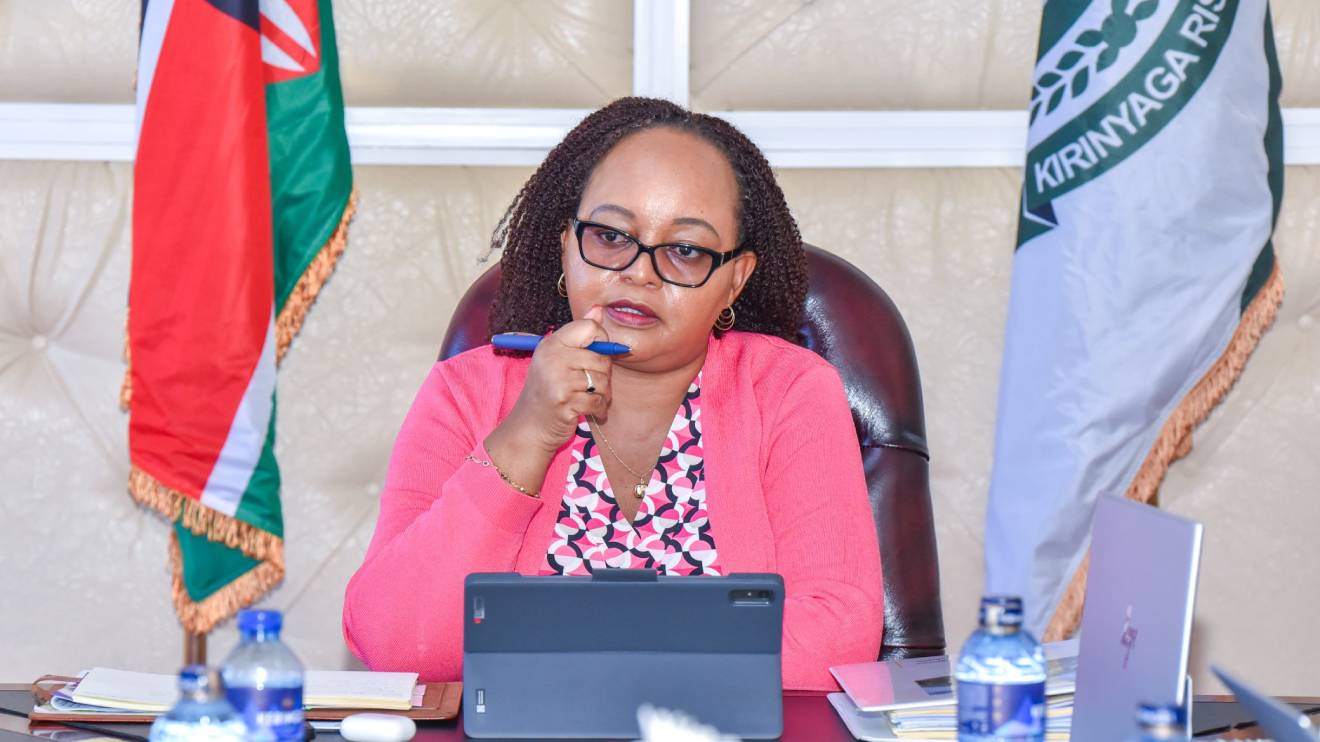Kenya's tea sub-sector is set for a transformative boost as the government initiates a series of incentives to elevate value-addition efforts, aiming to unlock the full potential of its tea in the global market.
The announcement was made by Agriculture and Livestock Development Cabinet Secretary, Mithika Linturi, during the Kenya Tea Development Agency's (KTDA) annual directors' conference in Nairobi.
The incentive plan, developed by the Ministry through the Tea Board of Kenya, has received the nod from the National Treasury, marking a significant step towards enhancing local value addition.
CS Linturi underscored the importance of the scheme, stating, "The concept note proposes the establishment of a scheme aimed at unlocking the potential of Kenya tea by providing both tax and other incentives necessary to make local value addition more attractive."
The government's commitment to removing VAT on tea purchased for value addition and subsequent export, as outlined in this year's budget, is expected to improve cash flows for tea exporters involved in local value addition.
Read More
Furthermore, the incentive scheme seeks to encourage factories to diversify production into speciality teas, which command higher prices at auctions.
"I urge KTDA managed tea factories to leverage on the incentives to upscale their manufacture of orthodox teas and value addition at factory level instead of continuing to do bulk tea sales," Linturi emphasized.
Highlighting the broader vision, CS Linturi stated, "The Government is committed to supporting KTDA tea factories unlock additional markets for the specialty teas by enhancing promotional activities."
He urged KTDA to explore trade opportunities within the African Continental Free Trade Area (AfCFTA), emphasizing the potential benefits of preferential negotiated tariffs with ECOWAS member countries.
Speaking at the conference, KTDA Holdings Limited Chairperson, Enos Njeru, outlined the organization's strategy to achieve cost-effectiveness and boost returns for smallholder tea farmers.
Njeru emphasized the importance of embracing technology and investing in state-of-the-art equipment to diversify operations and increase efficiency.
KTDA Holdings CEO, Wilson Muthaura, echoed the diversification agenda, emphasizing the shift towards orthodox and specialty teas.
"This allows us to diversify our markets and ease the reliance on black CTC," Muthaura stated, noting that 11 KTDA tea factories are currently producing orthodox teas, with two additional factories in the process of installing orthodox lines.
The government's bold move to incentivize value addition, coupled with KTDA's strategic initiatives, signals a paradigm shift in Kenya's tea industry, positioning it for enhanced competitiveness and greater global market penetration.

-1702022598.jpeg)
-1714232911.jpeg)






